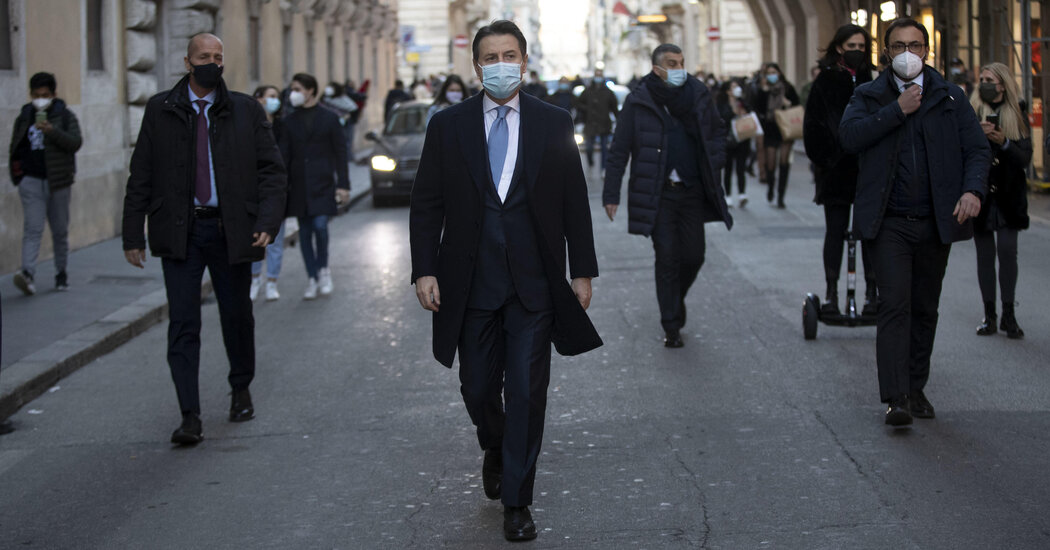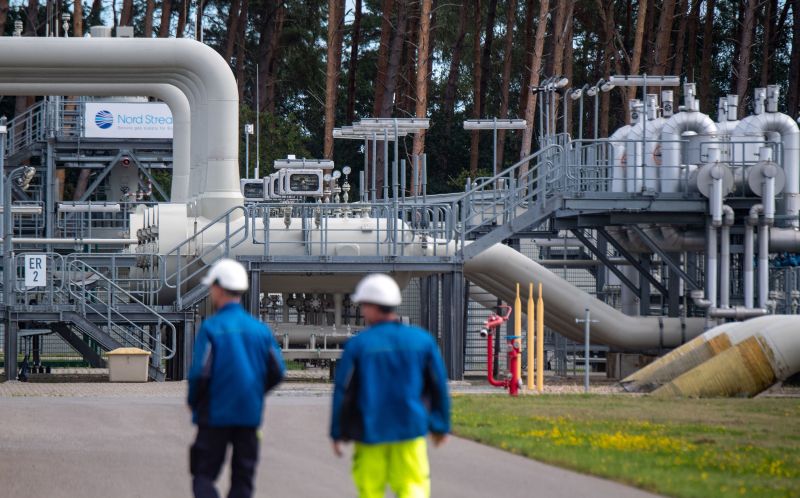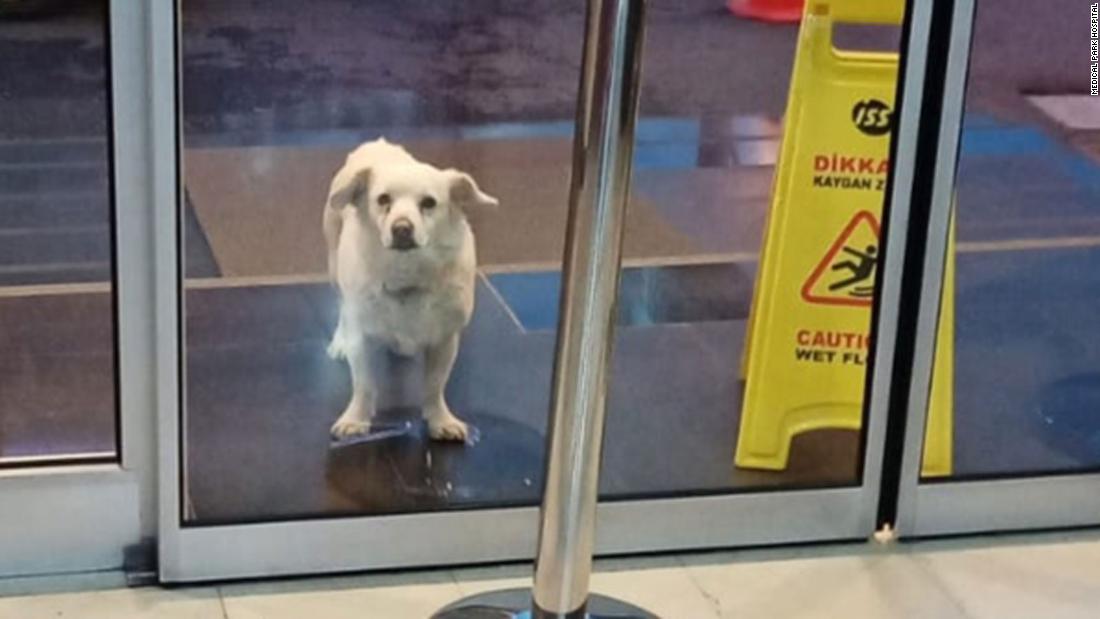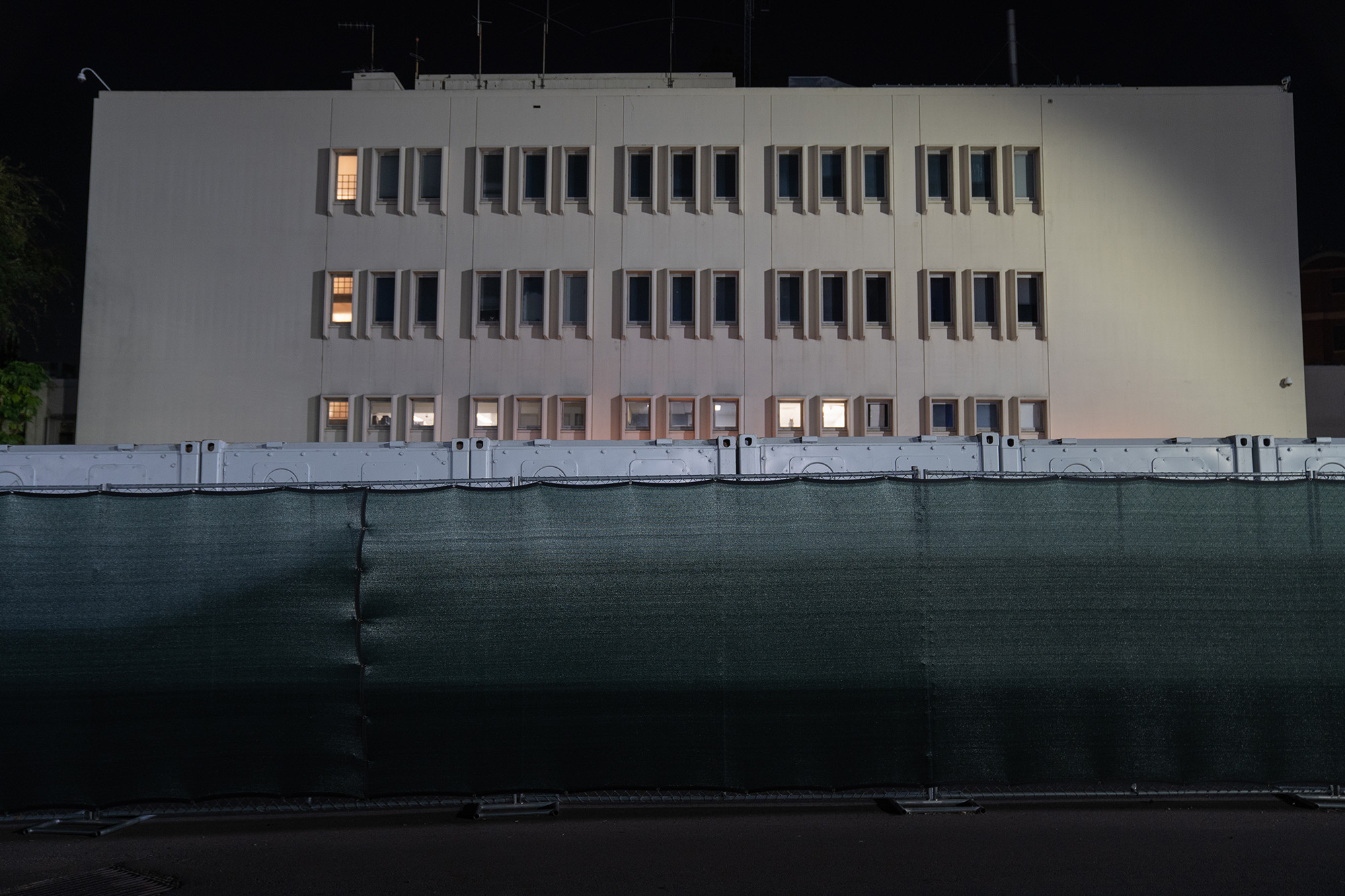ROME – Italy’s history of political instability reappeared at particularly unstable times on Wednesday as a government crisis began in the midst of a pandemic that has devastated the country, raised doubts about the competence of its leadership and intensified the battles for political influence.
The government, a wobbly coalition between the increasingly unpopular populists and the center-left establishment, appears to be on the verge of collapsing amid protracted power struggles, revenge schemes and ideological disputes over EU bailout money.
Italy is now in a familiar period of political uncertainty, but it is much more dangerous given the pandemic.
The crisis was sparked by the withdrawal of government ministers by the former prime minister, Matteo Renzi, who controls a small but crucial support in the ruling majority. His maneuver, which nervous political leaders spent the week trying to avoid, is pushing his opponent, Prime Minister Giuseppe Conte, into a difficult position.
The start of a government crisis comes at a time when Italy, the first European country to be severely affected by the virus and among the countries hardest hit by it, embarks on a vaccination program on which the nation’s hopes are built.
Italian voters, who do not understand or are largely interested in the intrigues and battles between political leaders, are concerned that the collapse could hinder Italy’s response to the virus and delay a return to a semblance of normal life.
At a Wednesday night press conference, Renzi, a center-left politician, officially announced the resignation of two of his ministers. He did not rule out joining another government led by Mr. Conte, but said the prime minister had imposed his hand by using the pandemic as an excuse to circumvent democratic institutions.
“Exactly because there is a pandemic, there is a need to respect the rules of democracy,” he said.
Expressing an implicit grievance among many in the Democratic Party, which he once led, Mr. Renzi said that more populist government members focused more on receiving likes on social media than on serious judgment. He said Mr Conte’s government had failed to press ahead with infrastructure projects, invest in jobs for Italian youth, and indict supporters of President Trump who stormed the US Capitol a week ago.
Most importantly, he said, the ideological populists in Mr. Conte’s government had refused to accept billions of euros in rescue funds from the European Union for the Italian health system.
Reaction to Mr. Renzi’s disruption was swift and passive from across the Italian political scene, with leaders lamenting that Mr. Renzi’s move was unreasonable and politically motivated, and had pushed the country into a precipice.
Andrea Orlando, a former ally of Mr. Renzi in the Democratic Party, wrote: “A fatal mistake few have made and we will all pay for it.” Twitter.
Conte’s administration can preserve the parliamentary majority, Possibly through a cabinet reshuffle in the current cabinet. But this becomes more difficult without Mr. Renzi’s approval.
Mr Conte may resign, leading to the collapse of the government in the middle of Italy’s worst national crisis since World War II. The president of Italy could then ask someone with enough support, maybe even Mr Conte again, to build another government that gets approved in Parliament.
But if a new and lasting coalition is not found, the political crisis may eventually lead to new elections in potentially dangerous conditions, and open the door to the return of patriotic forces.
Renzi’s diffuse critics see a vengeful and ambitious politician who now only has the power to destroy, but could not resist his use.
Mr. Renzi, a skilled political worker from the center-left establishment, effectively sidelined the nationalist leader Matteo Salvini in 2019. After Mr Salvini bypassed himself from the ruling coalition in seizing power, Renzi seized the moment, gulping up great pride for creating an unexpected alliance between the party The democrat who once led him and the populist Five-star movement Who spent years spreading insults and misinformation about him that removed him from power. That deal prevented a new election in which Mr Salvini was expected to win and kept him at bay.
Mr. Renzi then left the Democratic Party immediately and formed a small party, Italy Fifa, which failed to gain any real traction. But it has enough parliamentarians to be crucial to the survival of the five-star government and the Democratic Party.
Tensions between Mr. Conte and Mr. Renzi erupted in December when Mr. Conte announced the formation of another task force to decide how to spend more than 200 billion euros – about $ 243 billion – from the European Union Recovery Fund.
Mr Renzi is also asking the government to accept a separate sum of 36 billion euros – about $ 44 billion – provided by the European Union and earmarked for Italy’s health system. Five Star, which came to power to express anti-establishment anger against Brussels, rejected the source of this funding, called the European Stability Mechanism, as anathema to its populist roots.
For weeks, Mr. Conte and Mr. Renzi played the chicken game. Popular support Mr. Renzi has already given from the basement has reduced the downside to doing something unpopular. Not having anything to lose gave him more influence in his confrontation with Mister Conte, who in fact succumbed to many of Renzi’s demands.
But the prime minister maintained his refusal to take the ESM money.
In the run-up to Mr. Renzi’s jump, Mr. Salvini, the populist leader, salivated the possibility of another opportunity in power.
He told reporters on the sidelines of a protest in Rome, “It would be better if elections or a government of the center-right rather than this quarrel.”
On Wednesday evening, Mr Renzi said he opposes the possibility of a new election. To avoid this, he can restore his support to Mr. Conte, but in a crisis things are unpredictable and can get out of hand. For this reason, members of the government sought to pull Renzi from the brink.
The most hawkish Five Star members ruled out working with Mr. Renzi’s party again if it caused the government to collapse.
It is unclear where that leaves Mister Renzi or Italy.
Some prominent virologists in Italy are clearly disgusted by political aberrations in the case of a health emergency.
“The orchestra is playing while the Titanic sinks,” Massimo Galli, director of the infectious diseases department at the Luigi Saco Hospital in Milan, said on Italian television. “There is a possibility that hospitals will face serious difficulty again next week.”

“동민은 커피에 대한 깊은 지식을 갖춘 전문가로, 다양한 커피 블렌드와 추출 방식에 대한 연구를 해왔습니다. 게임 세계에서도 그의 이름은 잘 알려져 있으며, 그의 취향은 다양한 게임 장르를 아우릅니다. 알코올과 특히 베이컨에 대한 그의 열정은 독특하며, 다양한 행사와 이벤트의 주최자로서 그의 통찰력은 뛰어납니다.”









